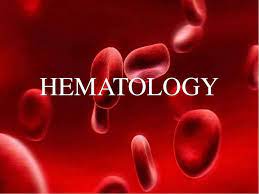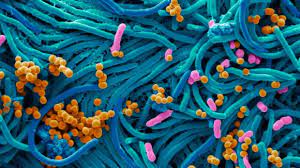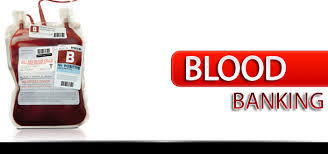
Hemotology
Hematology is the science or study of blood, blood-forming organs and blood diseases. In the medical field, hematology includes the treatment of blood disorders and malignancies, including types of hemophilia, leukemia, lymphoma and sickle-cell anemia.

Clinical Bio-chemistry -II
Clinical Biochemistry is the division of laboratory medicine that deals with the measurement of chemicals (both natural and unnatural) in blood, urine and other body fluids. These test results are useful for detecting health problems, determining prognosis and guiding the therapy of a patient.

Microbiology -II
Micro-organisms and their activities are vitally important to virtually all processes on Earth. Micro-organisms matter because they affect every aspect of our lives – they are in us, on us and around us.
Microbiology is the study of all living organisms that are too small to be visible with the naked eye. This includes bacteria, archaea, viruses, fungi, prions, protozoa and algae, collectively known as 'microbes'. These microbes play key roles in nutrient cycling, biodegradation/biodeterioration, climate change, food spoilage, the cause and control of disease, and biotechnology. Thanks to their versatility, microbes can be put to work in many ways: making life-saving drugs, the manufacture of biofuels, cleaning up pollution, and producing/processing food and drink.

Sensitization to blood banking and infection control
Blood banking is the process that takes place in the lab to make sure that donated blood, or blood products, are safe before they are used in blood transfusions and other medical procedures. Blood banking includes typing the blood for transfusion and testing for infectious diseases.
